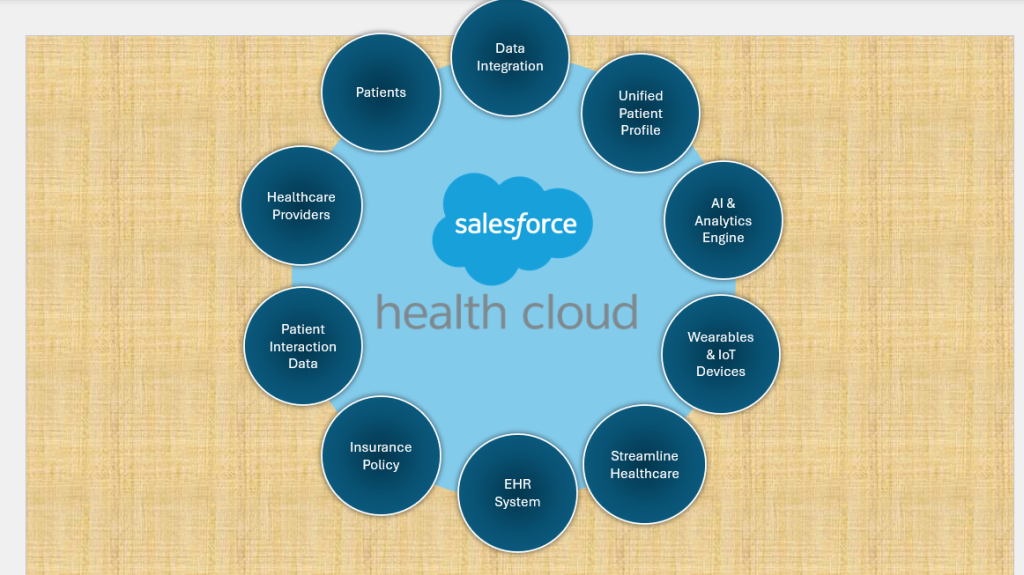
Focusing on patient management, operational efficiency, and regulatory compliance.
The primary goal of implementing Salesforce in a healthcare setting is to enhance patient care coordination, streamline administrative processes, and ensure compliance with regulatory standards such as HIPAA (Health Insurance Portability and Accountability Act).
Scope: The scope of the Salesforce implementation encompasses various functional areas critical to healthcare operations:
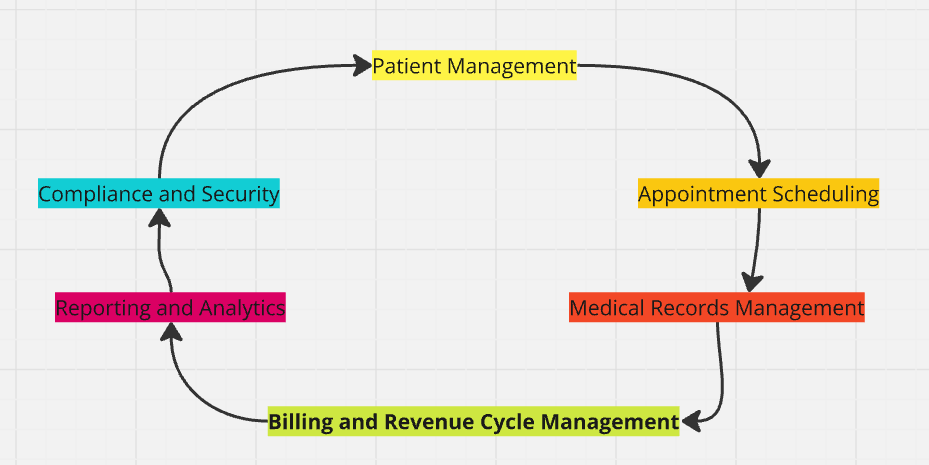
Implementation Approach: The Salesforce implementation follows a structured approach to align with healthcare-specific needs:
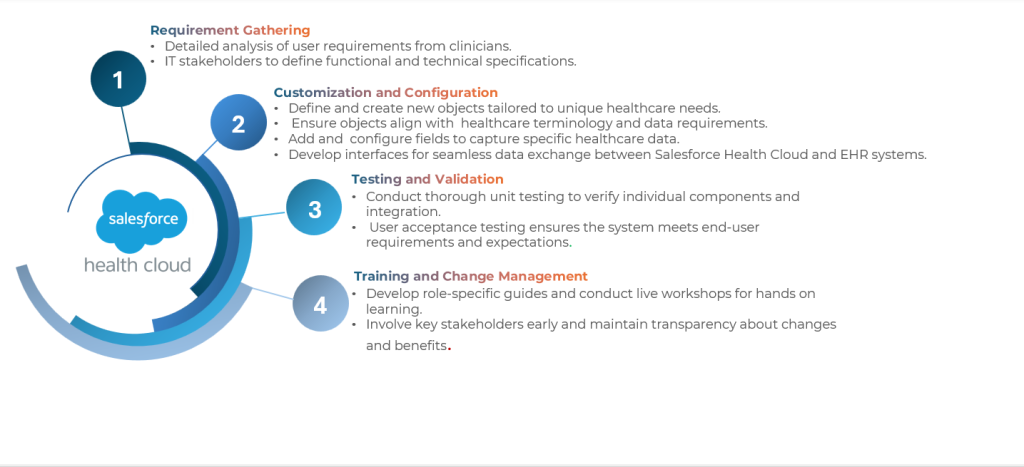
Agile Methodology for Iterative Development
Adopting Agile practices to iteratively build and refine Salesforce solutions based on user feedback and evolving business needs.
Breaking down implementation into manageable sprints to deliver incremental value and facilitate continuous improvement.
Salesforce Integration Health cloud Challenges
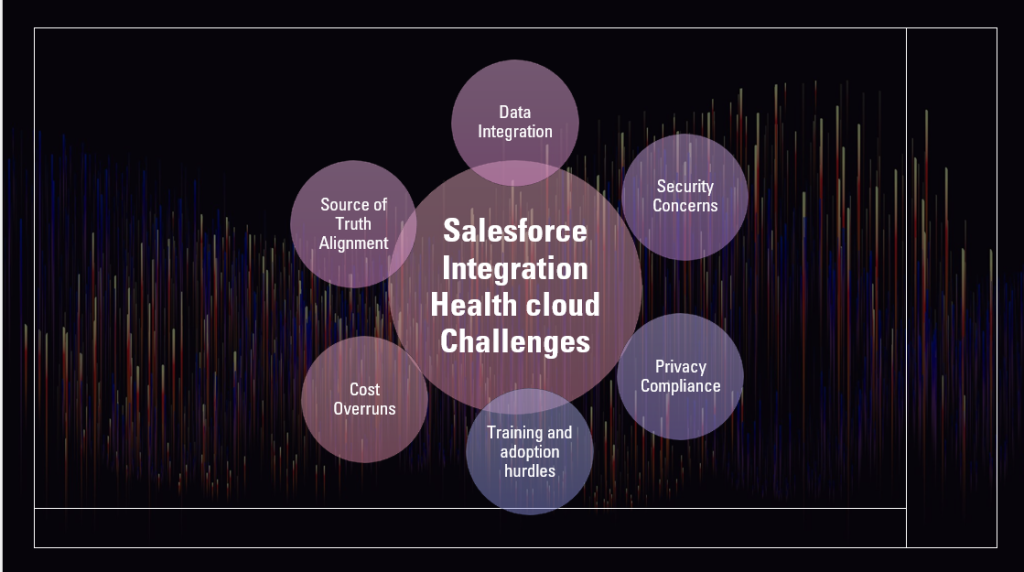
Use Cases
Patient Engagement and Communication
Utilising Salesforce Marketing Cloud or Community Cloud to engage patients through personalised communication channels (e.g., emails, SMS).
Implementing patient portals for secure access to health information, appointment scheduling, and communication with healthcare providers.
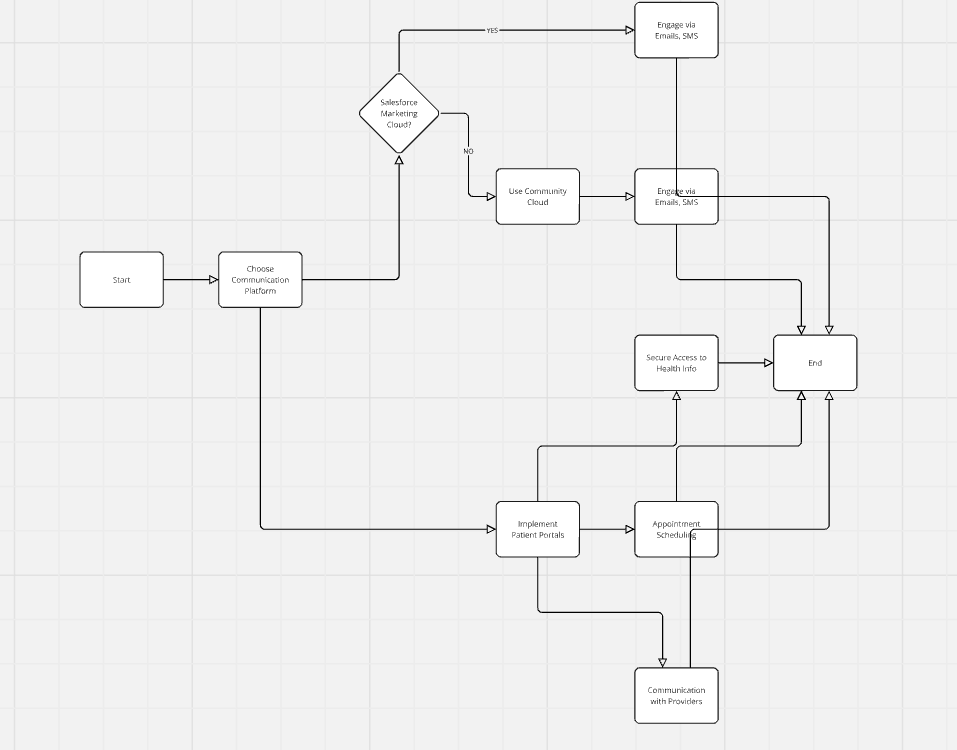
Telehealth Integration:
Integrating telehealth platforms with Salesforce to support virtual consultations, appointment booking, and follow-up care.
Salesforce can track telehealth appointments, collect patient feedback, and automate reminders for upcoming sessions.

Healthcare Analytics and Insights:
Leveraging Salesforce Einstein Analytics to analyse patient outcomes, population health trends, and operational efficiency.
Building custom dashboards to visualise clinical metrics, patient satisfaction scores, and revenue cycle performance.
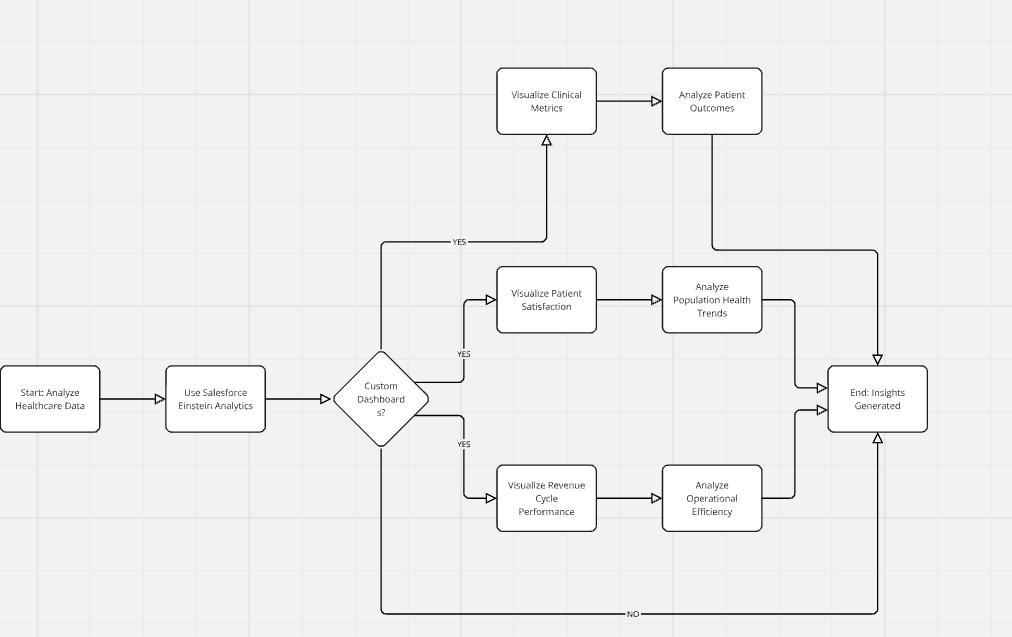
Custom Healthcare Solutions:
Tailored Modules: Develop custom Salesforce modules or applications specific to healthcare needs, such as patient care pathways, chronic disease management, or clinical trials management.
Integration with IoT: Integrate Salesforce with Internet of Things (IoT) devices to capture real-time patient health data, monitor conditions remotely, and trigger alerts for healthcare providers.
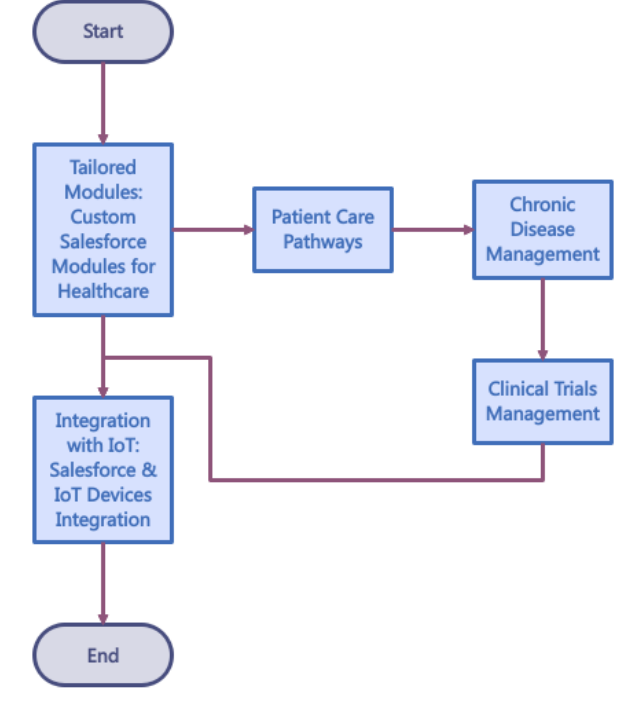
Virtual Reality (VR) Patient Education
Idea: Integrate VR technology with Salesforce to create immersive patient education experiences.
Functionality: Provide virtual tours of medical procedures, simulate health conditions, and enhance patient understanding of treatment options.

Why Salesforce is Beneficial in Healthcare
Patient-Centered Care: Salesforce facilitates personalised care experiences by integrating patient data across systems, enabling healthcare providers to deliver tailored treatments and interventions.

Patient Data Privacy and Compliance:
Benefit: Salesforce’s robust security features and adherence to healthcare compliance standards, such as HIPAA (Health Insurance Portability and Accountability Act).
How It Helps: Ensures patient data privacy, maintains confidentiality, and mitigates risks associated with data breaches or unauthorised access.
Summary: Implementing Salesforce in healthcare involves customizing the platform to manage patient data, appointments, and care coordination. Key steps include setting clear goals, integrating with existing systems, ensuring HIPAA compliance, training staff, and maintaining data quality. By focusing on these areas, healthcare providers can enhance patient engagement, streamline operations, and improve overall efficiency.
